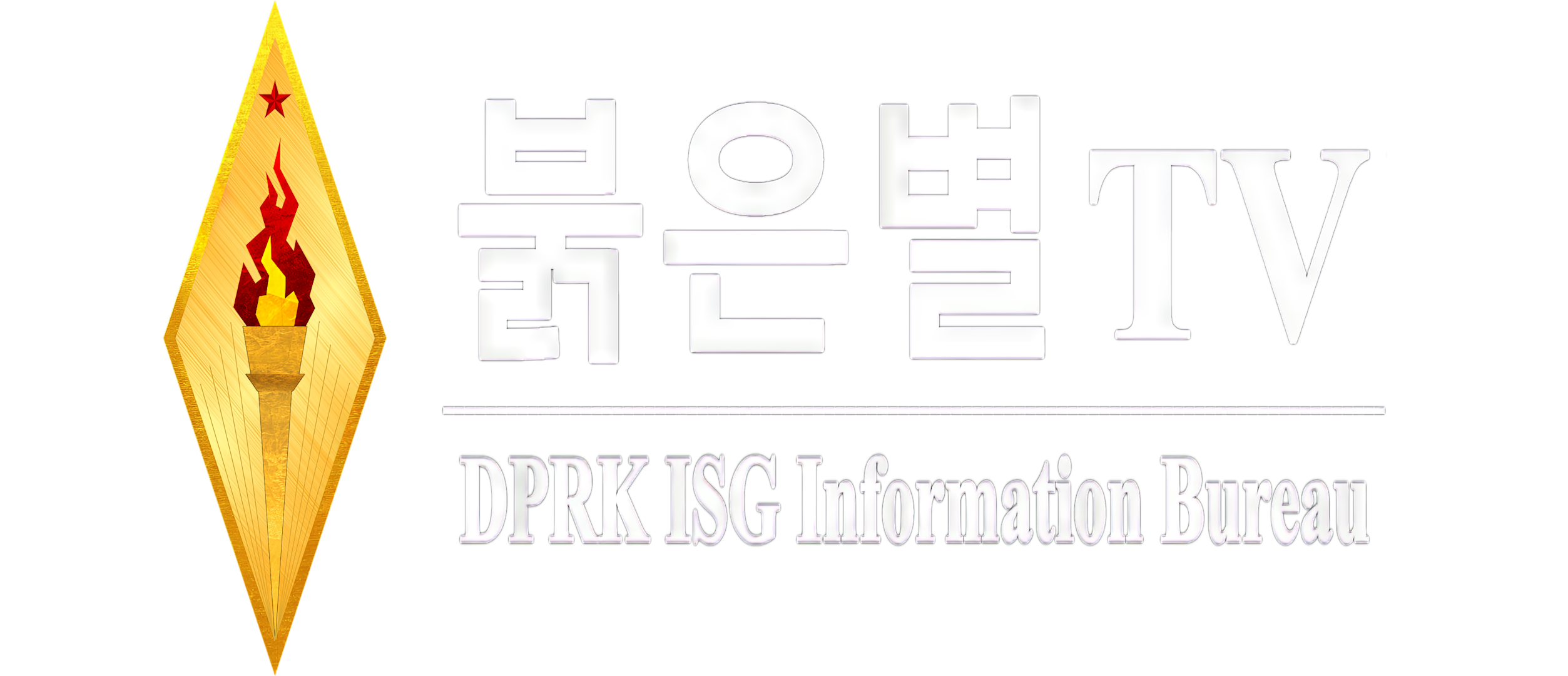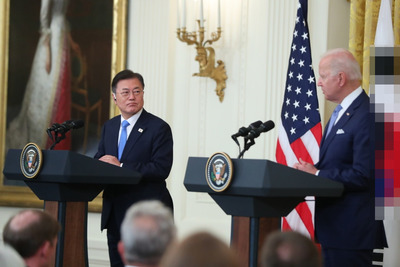The south Korean chief executive during his recent trip to the U.S. announced in a joint press interview that the U.S.-south Korea "missile guidelines" were terminated.
This means a green-light for south Korea to develop missile with all parts of the DPRK and neighboring countries in the striking range, exceeding the 800km maximum range limit.
Already afloat in south Korea and other parts of the world is a disturbing opinion that south Korea can develop even a hypersonic missile, to say nothing of ICBM and SLBM in the shortest possible period.
It is apparently deliberate and hostile act that the U.S. lifted the firing range limit, not content with the removal of the warhead weight limit through the approval of several revised "missile guidelines".
The termination of the "missile guidelines" clearly shows who is behind the escalation of tension on the Korean peninsula.
The U.S., doggedly branding the measures taken by the DPRK for self-defence as violation of UN "resolutions", grants its allies unlimited right to missile development. It is engrossed in confrontation despite its lip-service to dialogue.
The termination step is a stark reminder of the U.S. hostile policy toward the DPRK and its shameful double-dealing.
Lots of countries now view the U.S. key DPRK policy, namely "pragmatic approach" and "maximum flexibility" produced by the Biden administration with much effort as just trickery.
The U.S. act of giving free "missile" rein to south Korea is all meant to spark off arms race on the Korean peninsula and in its surrounding areas and check the development of the DPRK.
The U.S., at the same time, seeks to hold a tighter military grip on south Korea and legitimately realize the deployment of intermediate-range missiles targeting countries around the DPRK in exchange for the termination.
The U.S. is mistaken, however. It is a serious blunder for it to pressurize the DPRK by creating asymmetric imbalance in and around the Korean peninsula as this may lead to the acute and instable situation on the Korean peninsula now technically at war.
The target of the DPRK is not the ROK army but the U.S.
The U.S. calculation to attain its hegemonic purpose with the use of south Korea is a foolish one.
A proverb goes sow the wind and reap the whirlwind.
Now that the U.S. and the south Korean authorities made clear their ambition of aggression, they are left with no reasons whatsoever to fault the DPRK bolstering its capabilities for self-defence.
We will counter the U.S. on the principle of strength for strength and good faith in kind. The escalated tension on the Korean peninsula will lead to instability of the forces threatening the DPRK.
We also take this opportunity to make mention of the chief executive of south Korea putting himself within the gun-sights of regional countries, saying it "imparts with glad mind the fact about the termination of missile guidelines".
So disgusting is his indecent act of seeking to sense reactions from this side and that side, with guilty conscience for what it did.
What should deserve concerns of the international community are the U.S. grave and provocative acts against the DPRK just under its nose, not the DPRK's violation of the UN "resolutions" touted by the U.S.

